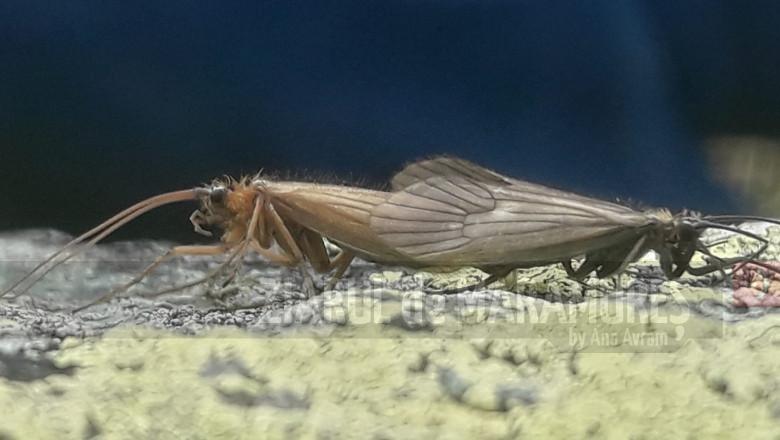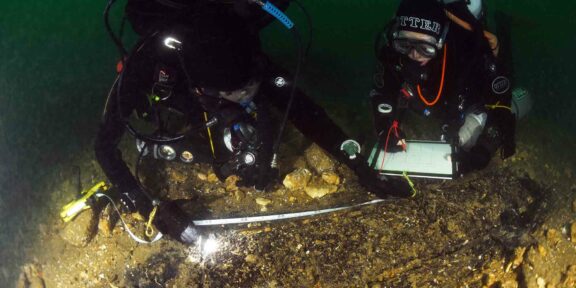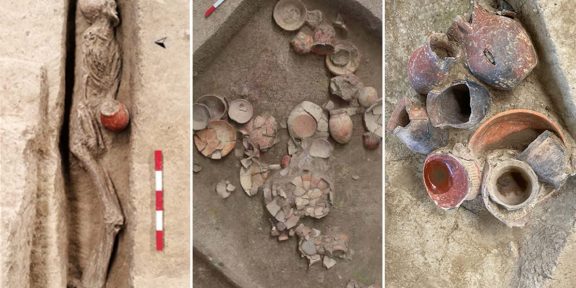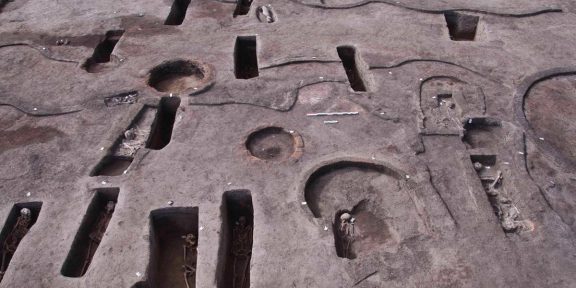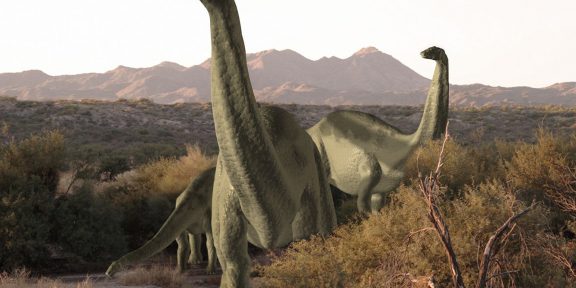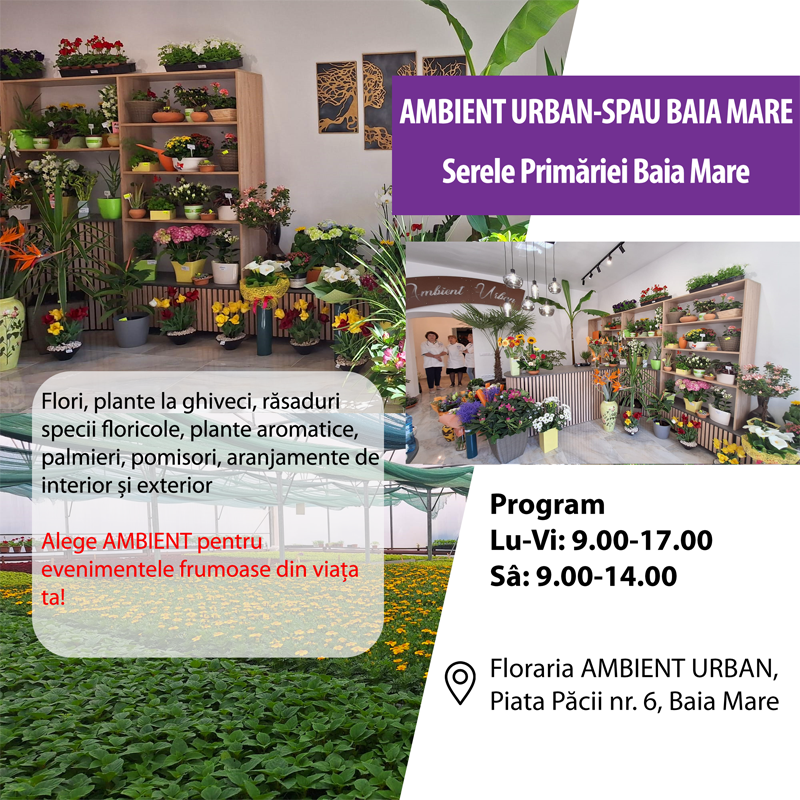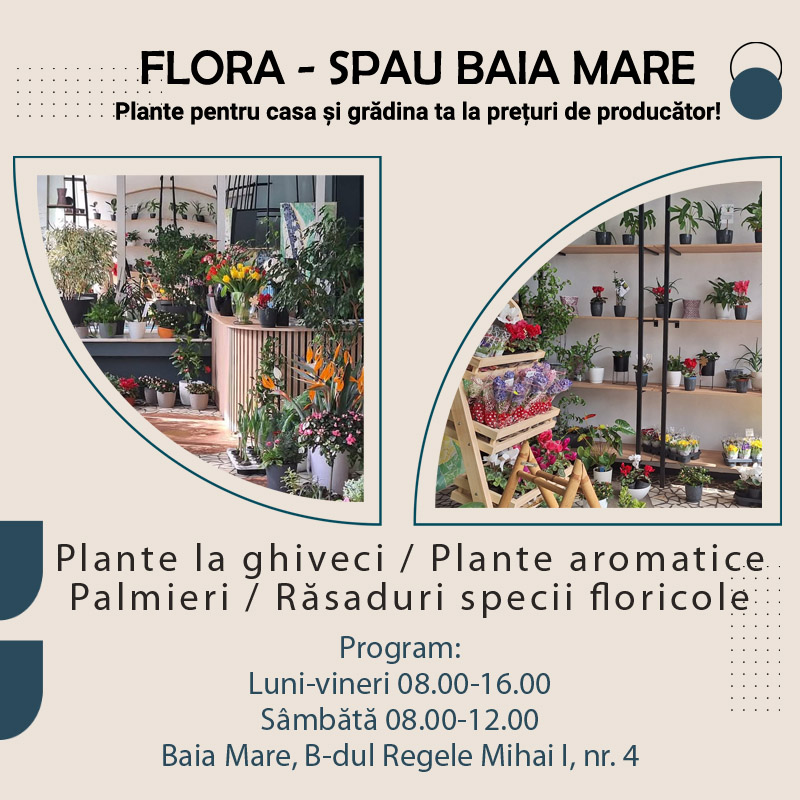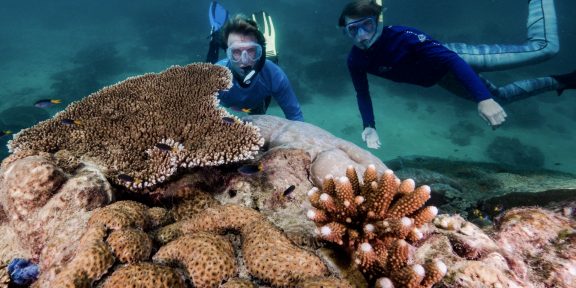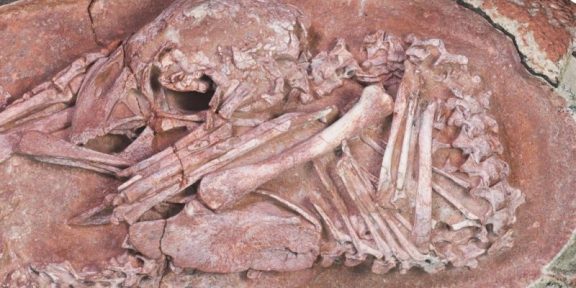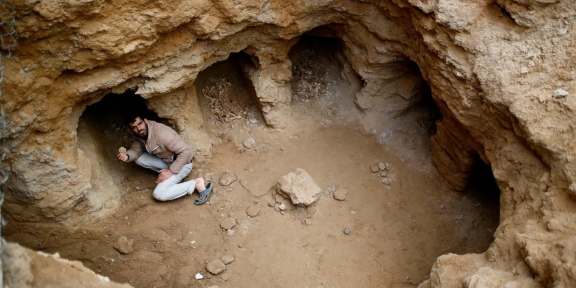O nouă specie de muşte a primit numele Potamophylax coronavirus, întrucât, deşi a fost descoperită cu mai mulţi ani în urmă într-un parc naţional din Kosovo, cercetătorii au caracterizat din punct de vedere ştiinţific această varietate de tricopteră abia în timpul carantinei impuse de pandemia de coronavirus, conform unui studiu publicat în luna aprilie, în Biodiversity Data Journal, titrează Agerpres.
Numele acordat acestei specii de insecte aminteşte de vremurile dificile pe care le traversăm, atrăgând în acelaşi timp atenţia asupra altui flagel: poluarea şi distrugerea valoroaselor ecosisteme de apă dulce din Kosovo, scrie DPA.
Oamenii de ştiinţă au constatat că numeroase cursuri de apă sunt periclitate din punct de vedere ecologic, îndeosebi ca urmare a construirii şi punerii în funcţiune a centralelor hidroelectrice, inclusiv râurile pe malurile cărora a fost descoperită noua insectă.



